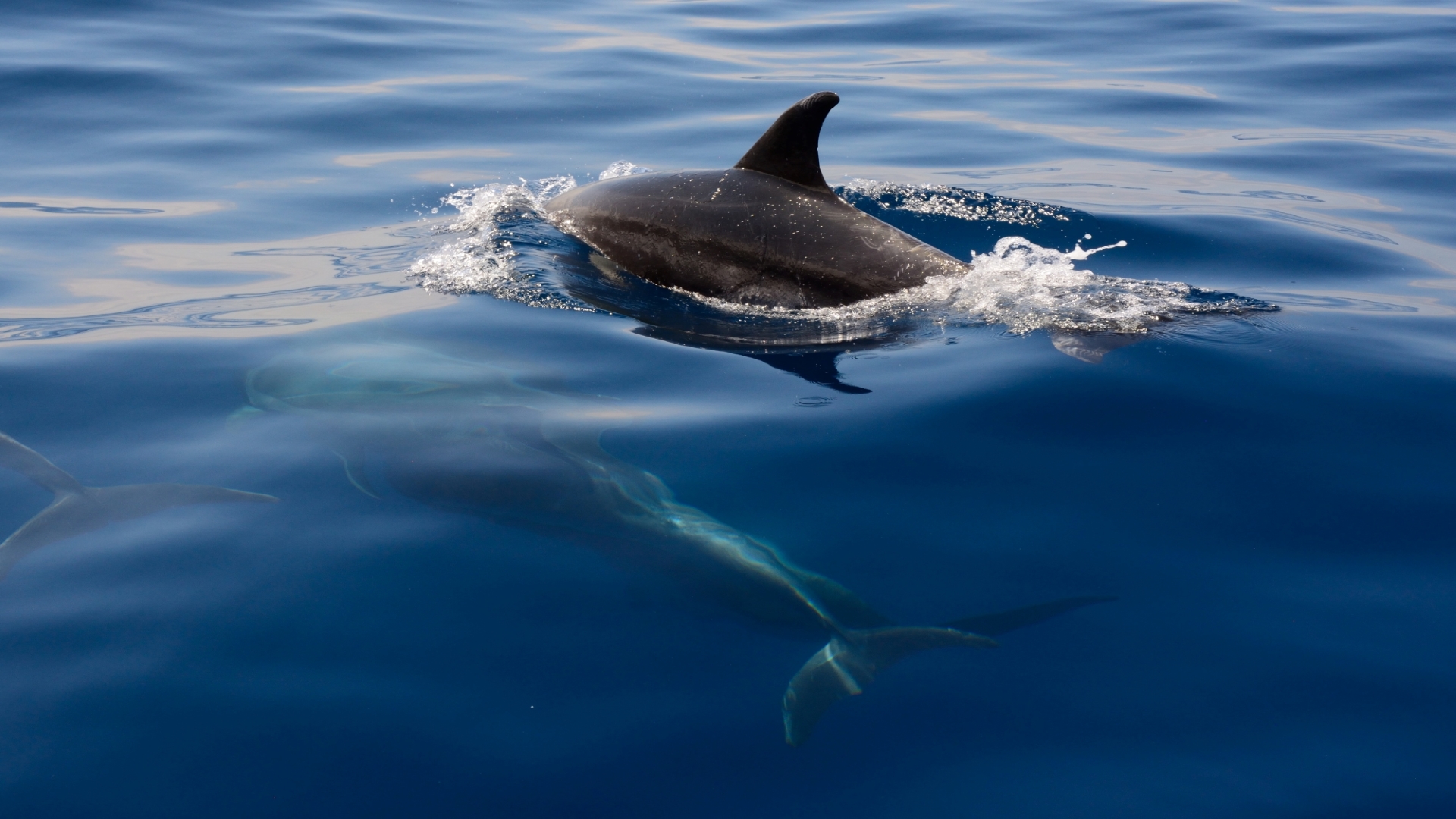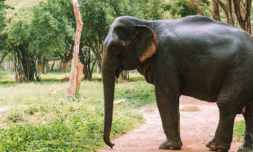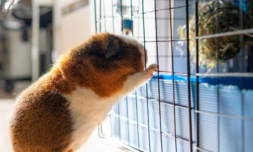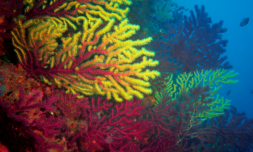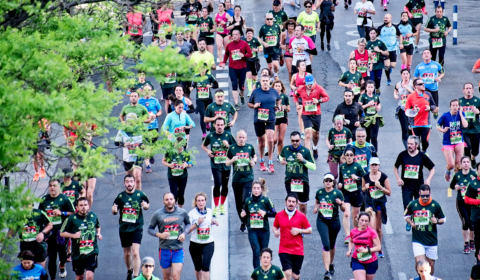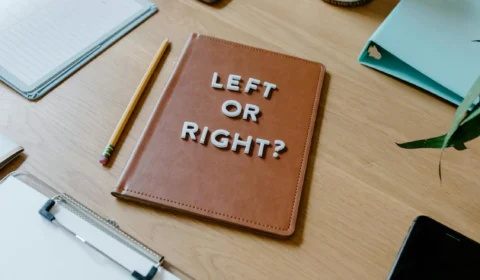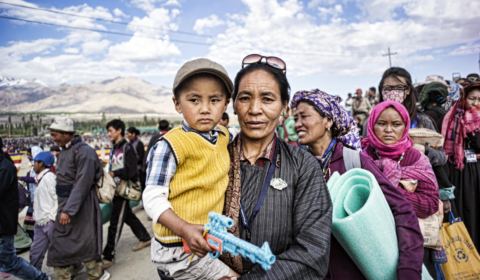How is the ancient tradition carried out today?
The most noticeable change to Grindadrap is the use of speed boats and jet skis to herd the dolphins close to shore, where they are met with large hooks and knives.
In contrast to their ancestors, new technologies have made the ritual considerably easier for modern locals – and as a result, the number of whale and dolphin killings continue to rise each year.
The figure for marine mammals slain during hunting season was previously reported to be around 600 annually. By stark contrast, this week’s cull of 1,400 dolphins is said to have wiped out 2 percent of the species total population.
This huge spike in activity has resulted in Heri Petersen, the chair of hunting association on the Faroe Islands, admitting he was appalled by the recent events, stating that the number of dolphins killed was far too many.
What are the laws surrounding Grindadrap?
Existing regulations allow whaling to take place only in certified bays and on the chance that non-endangered species are spotted out at sea. Those participating must also be licensed to ensure they’ve knowledge on how to kill the animals quickly with ‘minimal suffering.’
Even so, a shortage of people willing to carry out the slaughters has led to the animals writhing on the shore for long periods, remaining beached for too long before being killed.
Those continuing to participate present the primary argument that whaling is both a sustainable and culturally significant way to feed the community.
But with only 17 percent of 53,000 residents claiming they consume whale or dolphin meat, organisations such as PETA dispute this as a reasonable justification for allowing it to continue.
What else are activists doing?
The Sea Shepherd group has been on a campaign to stop the hunts on Faroe Islands since the 1980s. During their efforts, many have been detained and have had boats seized from their possession.
In 2014, the mass slaughter of around 800 pilot whales resulted in criticisms from animal rights groups from around the world.
However, this year’s slaughter has seen supporters of the tradition admitting a line has been crossed, with many speculating the dolphin meat will go to waste – ending up in the trash or buried.
The Sea Shepperd’s CEO, Rob Read, believes the tradition has transformed beyond its original purpose of providing food for a community and has instead becoming something of a hunting sport where every single member of a whale or dolphin pod is obliterated.
Labelled as a ‘brutal massacre’, The European Union is facing rising pressures from the Blue Planet Society, The Sea Shepherds, and other international animal protectionists to put an end to the tradition.
As the window for whaling activity is beginning to close for winter, this could be a key opportunity for the EU to develop a firm stance on whether the practice is rooted in tradition or torture.









